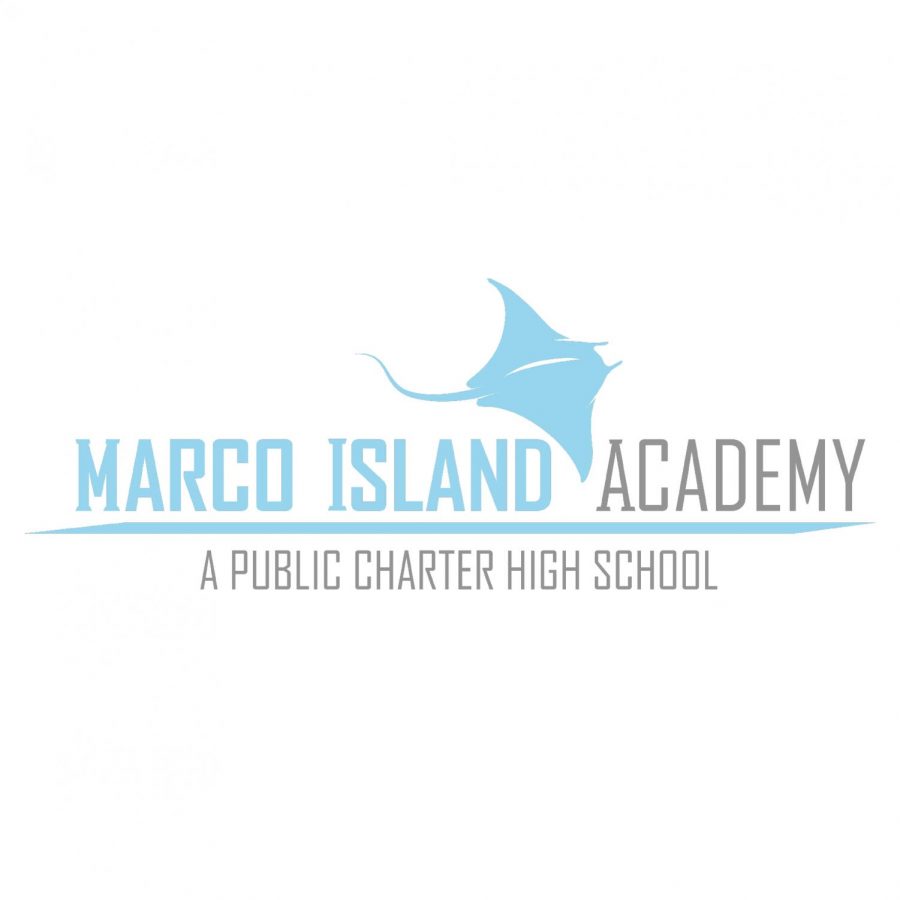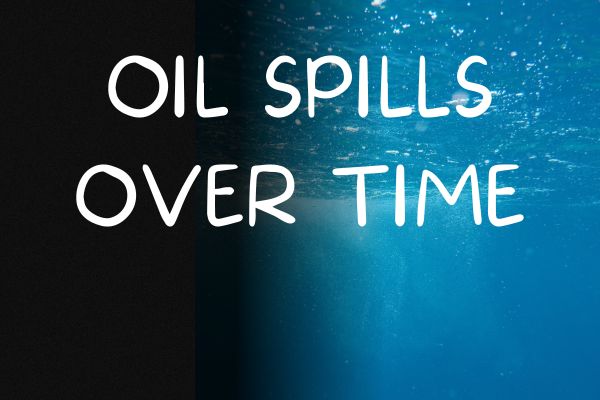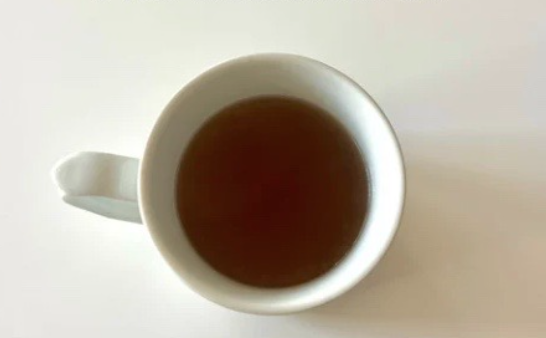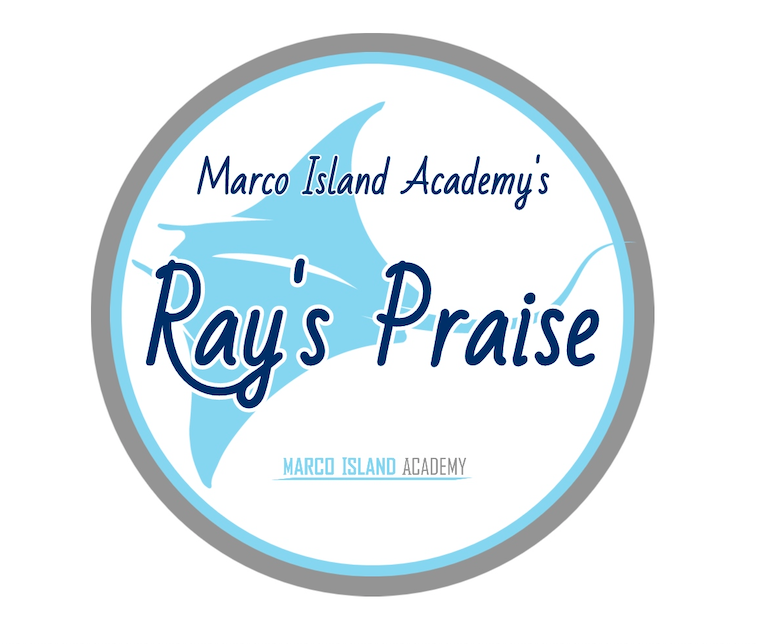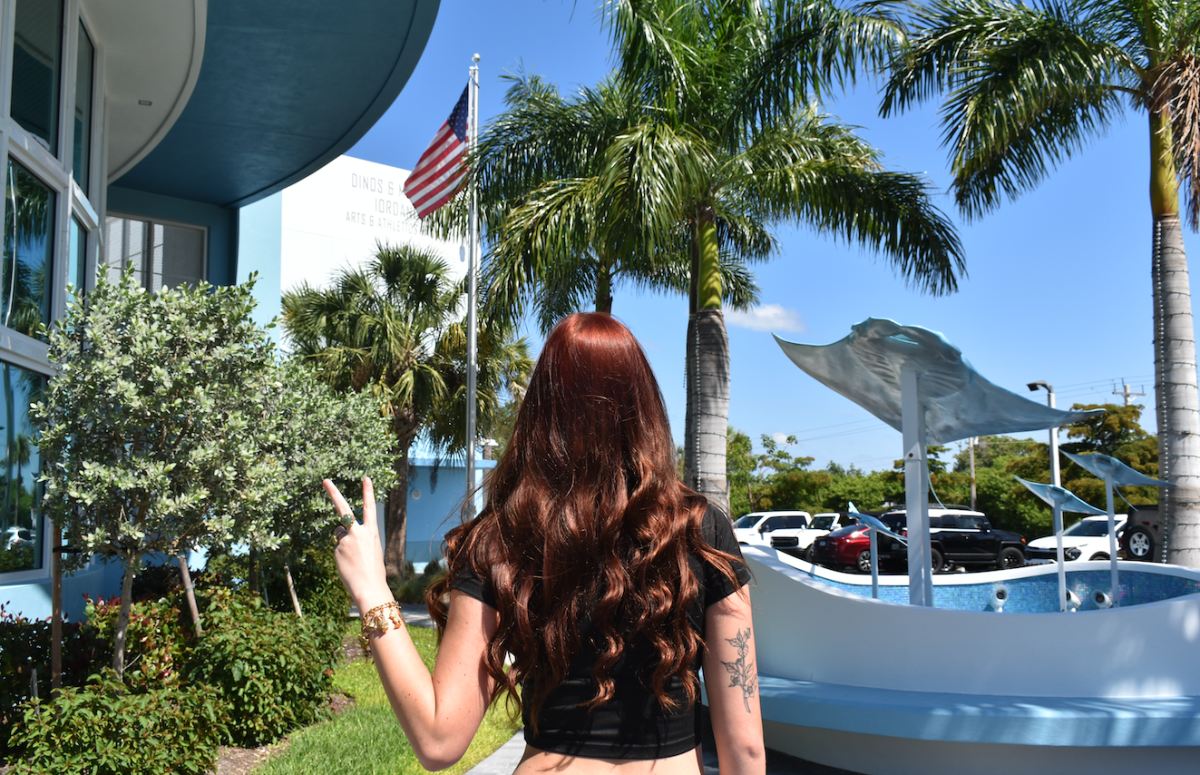Bottled water is often perceived as the “cleanest” form of portable water. Despite its appearance, bottled water is not as “pure” as it may seem. Many consumers don’t even consider the origin of the water they purchase.
Unlike tap water, which is strictly regulated under the Safe Drinking Water Act of the Environmental Protection Agency, bottled water is regulated by the Food and Drug Administration. According to the FDA, bottled water corporations only need to conduct lab tests or inform customers of where their water originates from if it crosses state lines. Therefore, bottled water manufactured and sold within the same state — which includes 60% to 70% of bottled water — receives very little oversight. Consumers cannot be certain that the bottled water they purchase has received the treatment necessary to ensure its safety.
Many popular brands sell water that is contaminated with microplastics and toxic chemicals due to their packaging. Poland Spring, a well-known brand, uses plastic #7 for its 3-gallon water bottles. This plastic contains Bisphenol A, also known as BPA. BPA is a weak synthetic estrogen often used to make polycarbonate plastics. Despite its widespread use, BPA acts as an endocrine disruptor, interfering with the production and function of hormones. Frequent BPA exposure is linked to numerous health issues, including infertility, disrupted brain development, cancer, obesity, premature puberty, and heart complications. Pregnant women exposed to this chemical may experience complications and an increased risk of miscarriage. Due to its harmful effects on human health, BPA usage has been banned in multiple countries. Despite this, various bottled water companies continue to use it.
As a result of the controversy surrounding BPA, some brands have begun using BPA-free plastic alternatives. Despite being BPA-free, many of these alternatives, such as plastic #1, or polyethylene terephthalate, release estrogenic chemicals like phthalates. Phthalates from the plastic may seep into the water, especially when exposed to high temperatures or stored for extended periods.
Due to the variety of contaminants discovered in drinking water, many recalls of water companies have taken place over the years. Contaminants can range from mold, bacteria, arsenic, and yeast, to kerosene, plastic, and even glass. In addition to water bottles, many of these issues apply to plastic food containers. Many of the same chemicals can contaminate food, especially when plastic containers are put in the microwave, left in hot environments, or stored for extended periods.
As for safe drinking water, individuals can invest in a filtered water system in their homes. Most tap water remains unsafe for consumption, as bacteria and chemicals are often distributed into water sources through fertilizers, pesticides, and other chemicals. Medications can also contaminate tap water. Estrogen is inadvertently released into sewers through the urine of women taking birth control. Reverse osmosis and Aquasauna filters can remove a wide range of these contaminants, eliminating the negative health effects of drinking unsafe tap water. Water filters also work to reduce chlorine, lead, copper, and other sediments. If you do not have a filtered water system in your home, consider investing in a filtered water pitcher instead.
Overall, many consumers are misinformed about the negative effects of plastic water bottles and containers on their health. Companies and advertisements that actively promote bottled water as “safe” and “pure” are misleading customers. Creating awareness of the dangers of consuming food and liquids from plastic containers and bottles is an important step in improving the health of consumers around the world.



